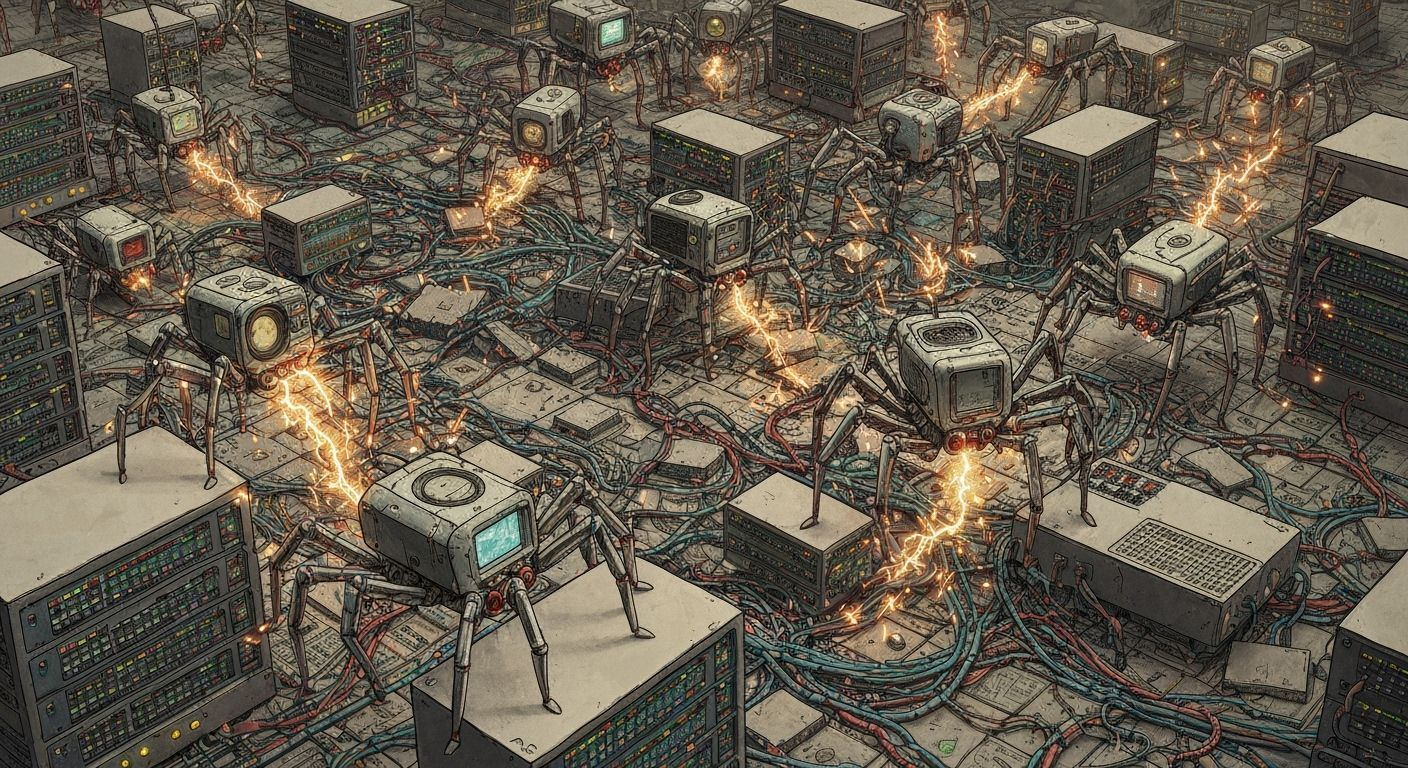The question now is: what can we do?
The internet is fundamentally broken. The question now is: what can we do? The answer is messy, expensive, and occasionally involves telling very powerful people that their business model is morally questionable. Accepting the obvious First, acknowledge the unpleasant truth: there is no quick fix. Security is not a feature to be bolted on after launch; it is a mindset, a discipline, and a budget item that competes poorly with shiny new apps and quarterly profits. Anyone promising a “secure internet in six months” is either deluded, lying, or hoping to sell you a consultancy package. Acceptance, at least, costs nothing. ...
